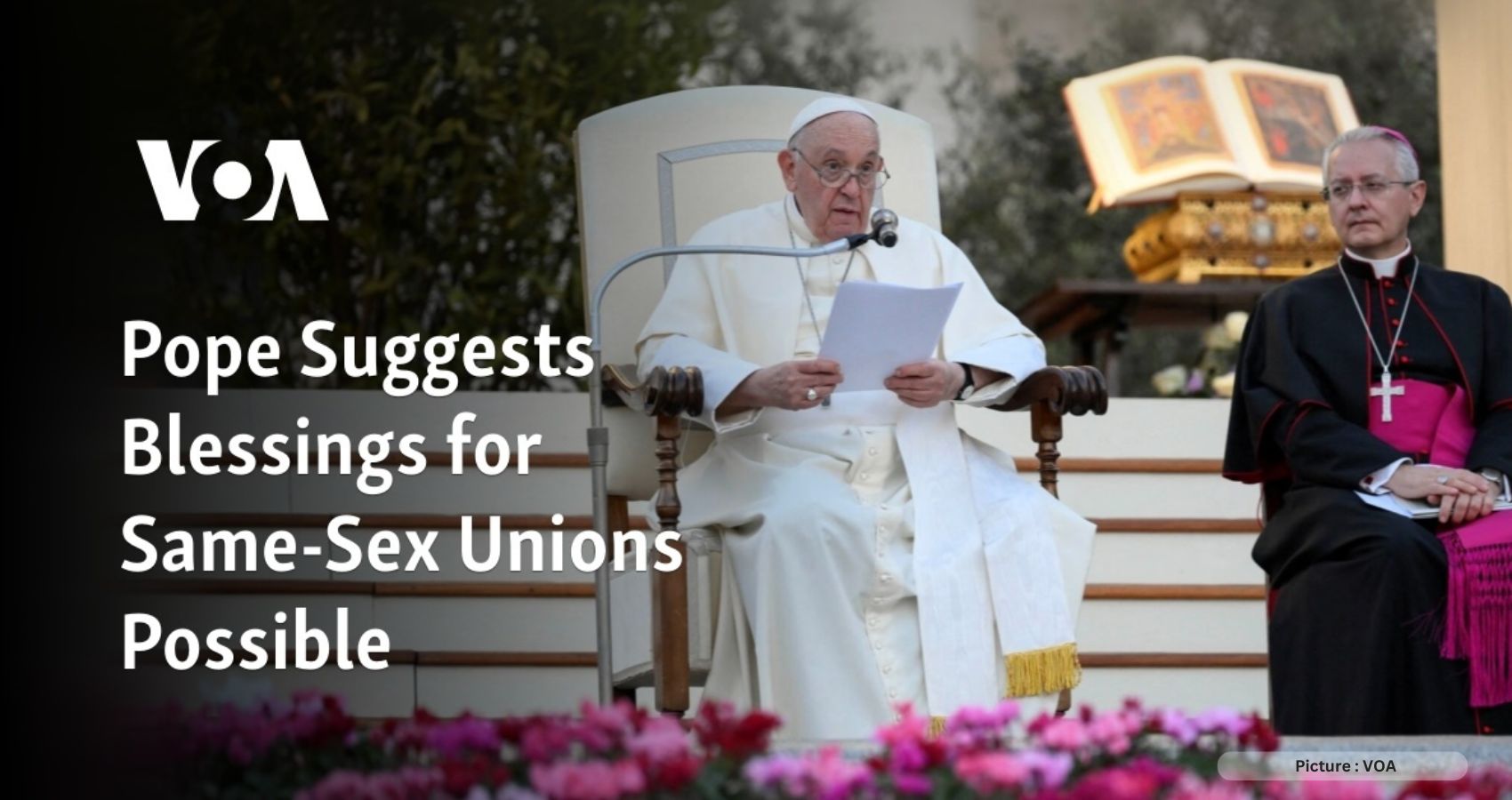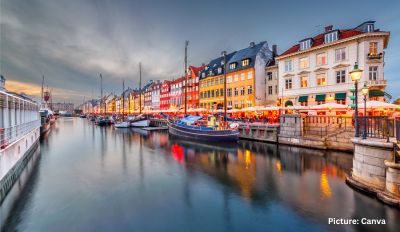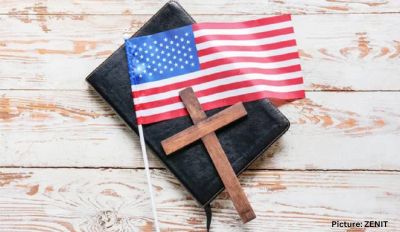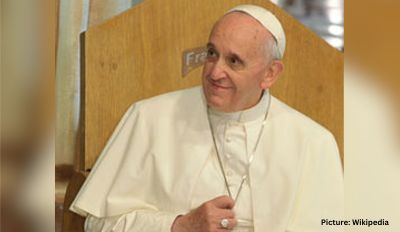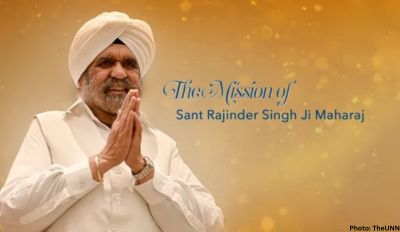Pope Francis has responded to a challenge posed by five conservative cardinals regarding church teachings on homosexuality, indicating the potential for blessings of same-sex unions under certain conditions. The Vatican recently released a letter, dated July 11, written by Pope Francis in response to a set of five questions, or “dubia,” raised by the cardinals a day earlier. In the letter, Pope Francis suggests that the possibility of blessing same-sex unions could be explored, provided it does not confuse such blessings with sacramental marriages.
New Ways Ministry, an organization advocating for LGBTQ+ Catholics, considers this letter a significant step forward in making LGBTQ+ Catholics feel more welcome in the church and a step away from their marginalization.
While the Vatican maintains that marriage is a sacred bond between a man and a woman, it has traditionally opposed same-sex marriage. However, Pope Francis has previously expressed support for civil laws granting legal benefits to same-sex couples. In certain parts of Europe, Catholic priests have been blessing same-sex unions without facing reprimand from the Vatican.
The Pope’s response to the cardinals represents a shift from the Vatican’s official stance. In a 2021 explanatory note, the Congregation for the Doctrine of the Faith stated that the church could not bless gay unions because “God cannot bless sin.”
In his recent letter, Pope Francis restated that marriage is a union between a man and a woman. However, in response to the cardinals’ inquiry about homosexual unions and blessings, he emphasized the importance of “pastoral charity,” which requires patience and understanding. He noted that priests should not merely reject or exclude but should consider forms of blessing requested by individuals that do not convey a mistaken view of marriage.
Pope Francis explained that when a blessing is requested, it is a plea for God’s assistance, a desire to live a better life, and trust in a benevolent higher power. While there are situations that are objectively “not morally acceptable,” he stressed that “pastoral charity” requires treating people as sinners who may not bear full responsibility for their circumstances.
He further advised that dioceses and bishops’ conferences need not establish fixed norms or protocols regarding this issue. Instead, it can be addressed on a case-by-case basis, recognizing that the life of the church operates beyond mere regulations.
Francis DeBernardo, executive director of New Ways Ministry, welcomed the Pope’s stance, stating that allowing pastoral ministers to bless same-gender couples implies recognition within the church that holy love can exist between same-gender couples. He viewed this as a significant step towards greater equality for LGBTQ+ Catholics.
The five cardinals, all of whom are conservative prelates from various parts of the world, had posed several challenges to Pope Francis regarding church teachings on homosexuality, women’s ordination, papal authority, and other matters in their letter. They made this material public just two days before the commencement of a major three-week synod at the Vatican, where LGBTQ+ Catholics and their role in the church were among the discussion topics.
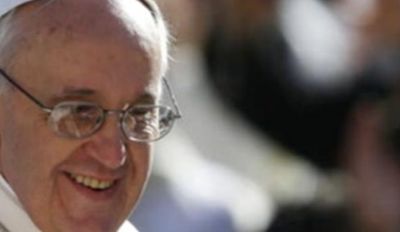
These cardinals, who are among Pope Francis’ most vocal critics, are all retired and belong to the doctrinaire generation of cardinals appointed by St. John Paul II or Pope Benedict XVI. The signatories included Cardinals Walter Brandmueller of Germany, a former Vatican historian; Raymond Burke of the United States, who was removed by Pope Francis from his position as head of the Vatican supreme court; Juan Sandoval of Mexico, the retired archbishop of Guadalajara; Robert Sarah of Guinea, the retired head of the Vatican’s liturgy office; and Joseph Zen, the retired archbishop of Hong Kong.
Some of these cardinals had previously signed a set of “dubia” in 2016 challenging Pope Francis’ position on allowing divorced and civilly remarried couples to receive Communion. At that time, they were concerned that his stance contradicted the church’s teaching on the indissolubility of marriage. Pope Francis did not respond to their questions, and two of their co-signatories subsequently passed away.
In response to their latest questions, Pope Francis did reply, although the cardinals found his response unsatisfactory. They revised their five questions, resubmitted them to the Pope, and requested a simple “yes” or “no” response. When they did not receive such a response, they decided to make the texts public and issue a “notification” to the faithful.
The Vatican’s doctrinal office later published the Pope’s reply to them, although it omitted his introductory remarks encouraging the cardinals not to fear the synod.

